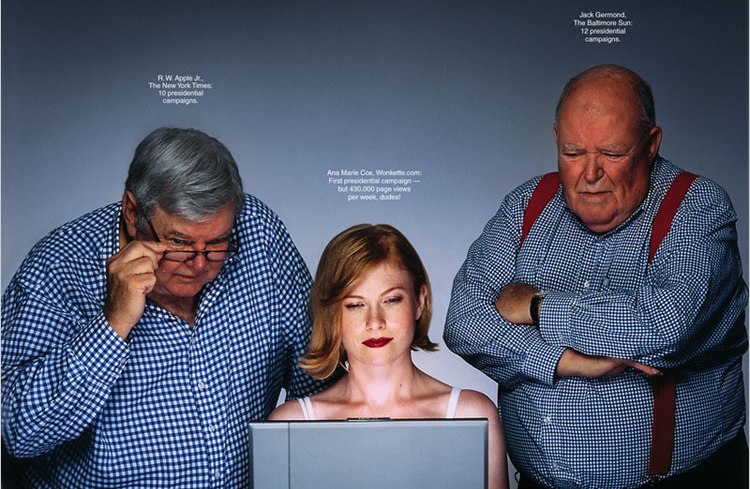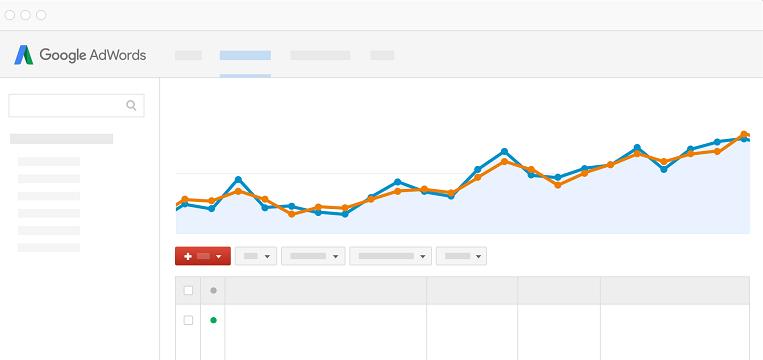This morning, I received an e-mail from NARAL Pro-Choice America. It began:
Tag Archives: Published Writing
Is Personal Branding Overrated?
Would you hire this self-described Internet strategist? He rarely blogs, doesn’t much tweet, and uses YouTube for quick and dirty videos filmed with a Flip camera.
No? Would your mind change if you knew he were a veteran of Microsoft and Yahoo, whom the Washington Post described as “one of the elder statesmen in the … class of online political operatives”? What if NationalJournal.com credited him with expanding the Republican National Committee’s e-mail list from 1.8 million to 12 million, and “dramatically improving the party’s social media outreach”? His name: Cyrus Krohn.
How Bloggers Differ From Reporters
In my first op-ed in a while, I answer this question today at PRWeek. Here’s the text:
Clients often ask, What is new media? To answer this, I like to step back and ask, What is public relations?
Public relations is the practice of improving public perception. In a word, it’s promotion. A corollary of this is strategizing: What media should you use to get your message out?
New media is simply one of these outlets; specifically—and appropriately—it’s the newest outlet. But instead of developing relationships with producers on TV and radio shows, or editors and reporters at newspapers and magazines, we new media folk work with online sources: bloggers, podcasters, Web masters, news aggregators.
Our old media colleagues spend their days on the phone with journalists, meeting them for coffee, drafting press releases, crafting pitches, and compiling media lists. In essence, we do the same thing, but with a different vocabulary and under different rules.
Should You Advertise Online?
In the continuing debate over new media vs. old media—what’s online vs. what’s offline—the sub-debate about advertising is instructive.
On one hand, online ads are vulnerable to the tyranny of choice. The metrics can be overwhelming, the jargon can be off-putting and success can be mistaken for failure. Moreover, unlike traditional ad buys, online campaigns demand continuous monitoring and fine-tuning.
On the other hand, if you’re tired of one-off shots in the dark—where your one-page spread for life insurance runs opposite to an article on video games, or your spot for an SUV runs in the middle of a segment on high gas prices—then online ads may be right for your organization. Here’s why:
How Would You Respond to This E-mail?
In the first week of my first job, my boss sent me the following e-mail:
“Jonathan: Please find out who voted for BCRA.”
My first instinct was to reply, “Hi Bill: So sorry about this, but I don’t know what BCRA is.” Fortunately, before clicking Send, I rethought my response and instead Googled “BCRA.” Ten seconds later, I found the answer: BCRA stood for the Bipartisan Campaign Reform Act, otherwise known as McCain-Feingold.
These differing responses represent the two types of employees. The first response, which foists the burden back onto the questioner, comes from the slothful employee, who wants to go about his job without exertion and who does not seek success. The second response, which embraces the burden, comes from the achiever. He may not know the answer—and even be utterly ignorant of the subject—but he takes it upon himself to learn. He is averse to answering a question with a question, and considers it a failure if he cannot do what is asked, even with limited information. (A third response, research without success, is fine, as long as the research is undertaken in good faith.)




